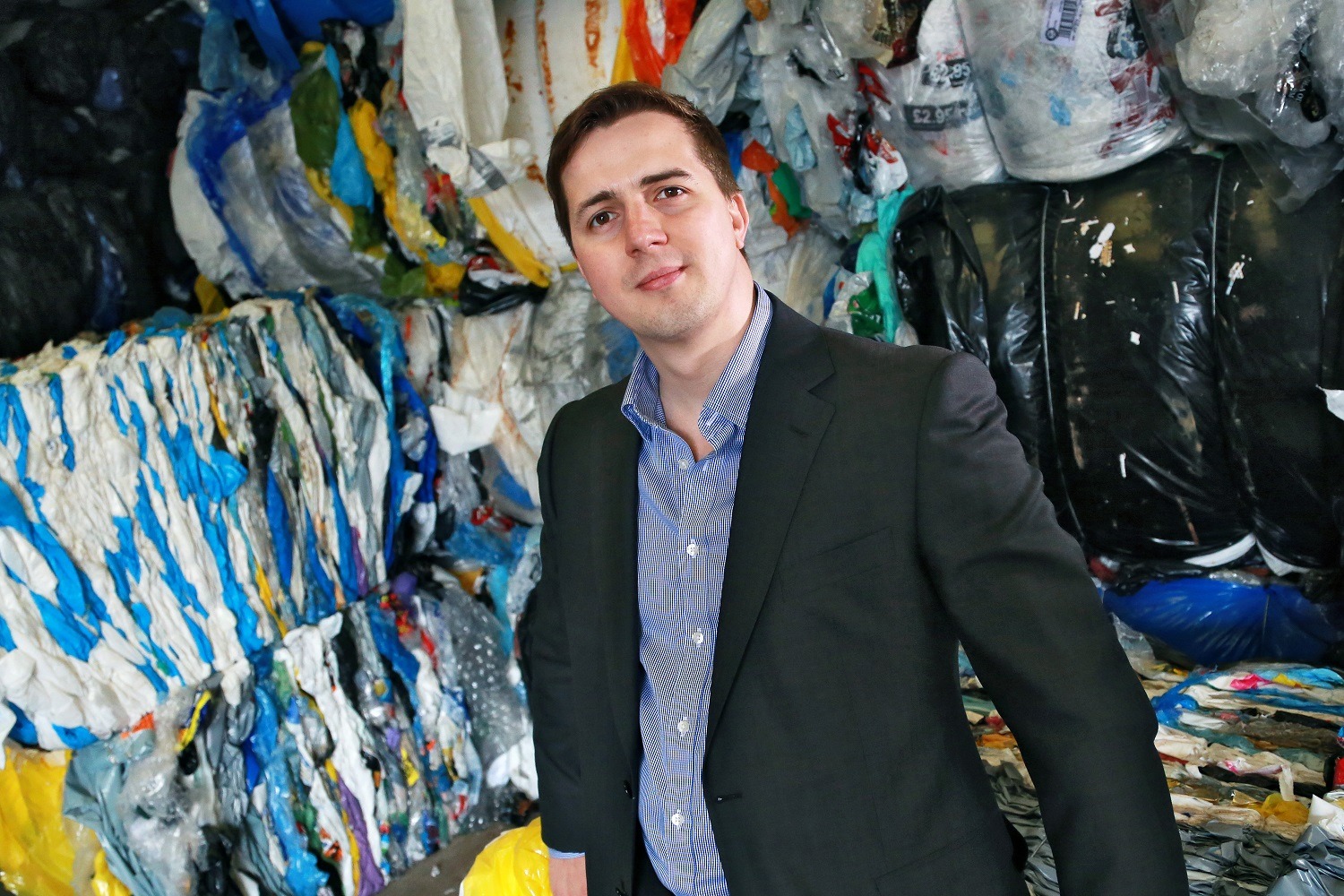Riverside’s managing director Jonathan Oldfield was recently asked to pen some advice for readers of the Yorkshire Post. He honed in on top 10 tips to help businesses devise a new recycling strategy. If you missed the resulting article, you can read it in full here…
Remember the mantra ‘reduce, reuse, recycle’ – it prioritises what we should do with business waste and in what order. We know it’s better to avoid printing emails unless absolutely necessary for example (reduce); we can reuse unnecessary print outs as scrap paper; and when we’ve finished with the paper, we should recycle. Try to apply this philosophy to all the materials you handle.
Know your legal obligations. Every business has a ‘duty of care’ to store and move waste materials compliantly (see gov.co.uk). This duty lasts until a licensed waste company takes the materials away, but it’s your responsibility to prove their certified competence. There are other rules too – you need a permit if you produce more than 500kg of hazardous waste per year, materials such as plasterboard must remain separate from the main waste stream, and £2m+ turnover companies handling more than 50 tonnes of packaging waste per year must register and report to the Environment Agency.
Audit your materials – what does your business typically throw away on a daily basis and which materials could be reused or recycled? Paper, cardboard, aluminium cans, plastic bottles, food?
Carry out a lifecycle assessment of your ‘wastes’. Identify the problematic areas – incoming raw materials, product design, materials transportation or office activity for example – so you can devise specific actions/improvements. You could even achieve ISO 14001 certification for your efforts!
Calculate the cost to dispose of your waste. If you’re not motivated by the environment, focus on the financial incentive. It may even be possible to generate a revenue stream from the sale of your recyclable materials!
Remember confidentiality – The Data Protection Act means you must handle, store and destroy sensitive paperwork, hard drives, and other private electronic data sources securely. Maximum penalties for data breaches are £500,000.
Seek the advice of industry experts. For smaller companies, simple segregation of materials at source may be enough. Other firms may need specialist recycling equipment to avoid hefty skip charges, so speak to waste machinery providers for advice. Look for wider support too, e.g. from your council, or local commercial and industrial recycling schemes.
Encourage participation. Many of your employees will be expert recyclers in the home, and they may have already had ideas for workplace improvements. Incorporate their suggestions into the new strategy. Then, at ‘roll out’ stage, helpfully communicate what your workforce should do, how and why it’s important, to achieve ‘buy in’.
Make it easy and fun! We’re increasingly juggling ever-more hectic workloads, so if recycling is complicated, confusing or time consuming people won’t participate. Keep it light-hearted.
Review and revise. After all this effort, the recycling strategy needs to work. But you might not get it right first time. Evaluate your successes, strive for continuous improvement and make constant tweaks along the way.
If you’re ready to get started, or want a little more advice specific to your business needs, contact Riverside on 01423 325038 or email sales@wastemachinery.co.uk. We’re happy to help.







